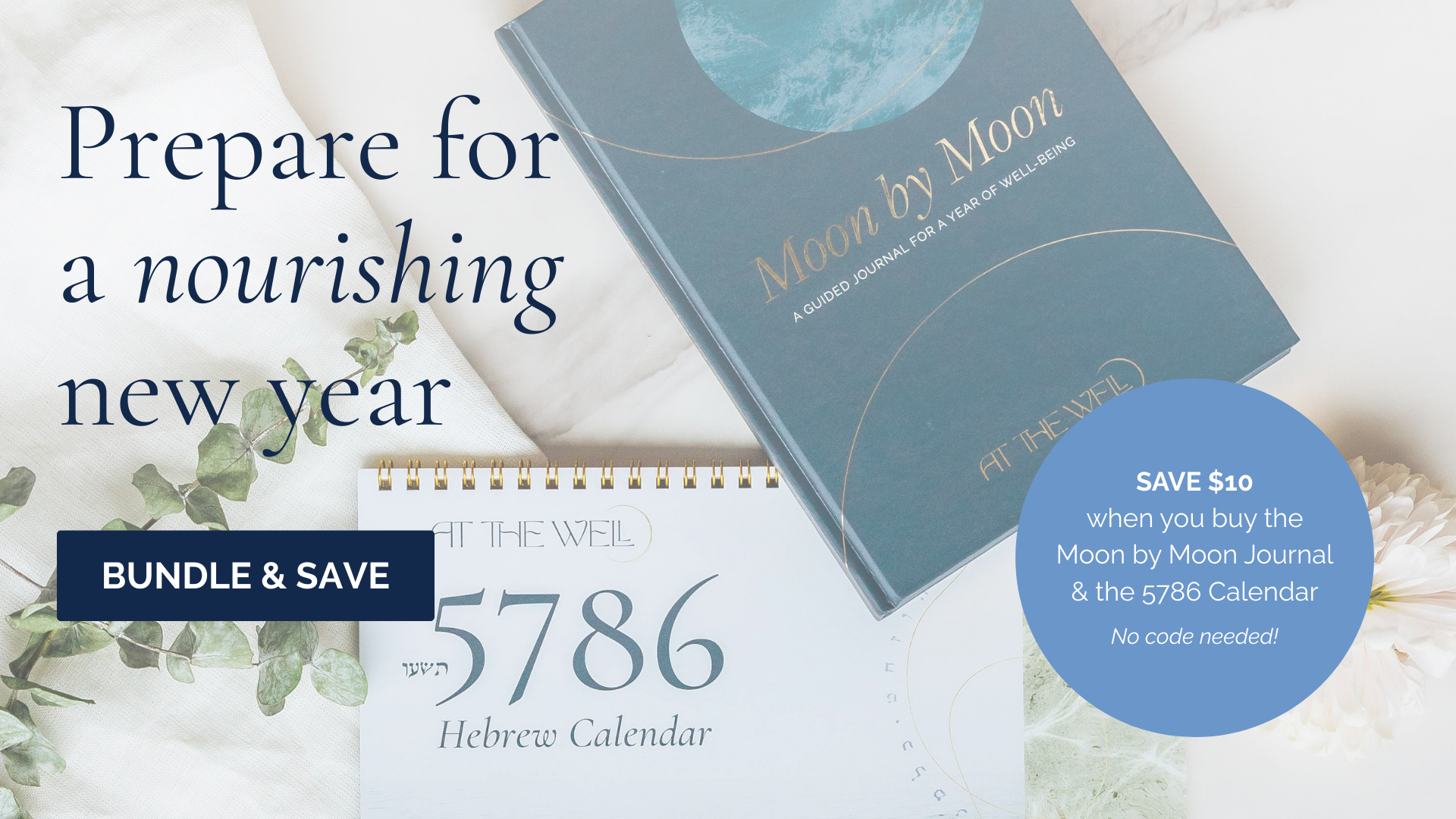Content warning: Pregnancy and infant loss. Gender-specific language used due to topic.
“I’m sorry, but we think something is very wrong with your baby.”
Those words will forever haunt me. They were the end of something so beautiful, so wanted, so exciting, and the beginning of the hardest journey I will ever walk on this earth. But even this journey, as I’ve come to discover, is beautiful in its own way.
At twenty-one weeks pregnant with my first child, my son, I received the devastating news of his fatal diagnosis: a severe neural tube defect known as anencephaly.
At that moment, lying on the doctor's table, exposed and vulnerable, my mind raced through a million different thoughts. One of the most poignant was, “Will I still be a mother after I lose my child?”
I carried my son for three more months, each day anticipating the moment he would no longer be moving and kicking within my womb. The moment when his heartbeat would go silent, while mine would beat on.
That day came on December 17, 2022. All my hopes and dreams of being a mother collapsed as I entered our home bleeding and exhausted, with arms empty of new life.
And again, I asked myself, “Am I still a mother?”
In my search for answers and clarity, I found myself studying Jewish tradition and Kabbalistic philosophy. As I delved deeper, using my study as an outlet for my unused energy and emotions, I found the answer I was looking for: I am a mother.
But how?
I learned that in order to acknowledge my motherhood, I had to first find peace with and acknowledge the loss itself.
The Kabbalistic concept of the soul offered a comforting perspective for me as I wrestled with my new reality.
[Editor’s Note: There are diverse perspectives in Jewish Wisdom about a fetus, the soul, and personhood.]
According to Jewish mysticism, the fetus experiences total clarity, its perceptions unobstructed. In the words of the Maharal of Prague, a 15th century rabbi and scholar: “Consequently, the soul of the unborn child also perceives the entire Torah — all of the G-dly wisdom that there is to know in the world — because it is directly connected to its source, to G-d Himself, and has none of the limitations of the physical world.”
In other words, these mystics claimed that the fetus is completely whole, perfect, and pure, never losing the Divine connection until it is born. My son was always intimately connected to G-d.
Through befriending the ancient texts, I have also been struck by the numerous accounts of fellow matriarchs who were desperate and barren. The sorrow of women searching for motherhood, only to be left with an empty womb, a grave, or a handful of ashes, is universal. And yet, we are all innately mothers.
Eve is the very first woman recognized in the book of Genesis. (In Hebrew this book is known as Bereshit, meaning “beginning.”) The name Eve, חַוָּה, Chavah, means to breathe, and Chayah, to live or to give life. Other definitions call Eve “Mother of Life.” Yet in the text, Eve received this beautiful name even before she bore children. Before her womb held another life, she was a mother. A mother of all life.
As daughters of Eve, we have inherited her power. We all have the ability deep within us, regardless of our childbearing status, to nurture and care for life and the Earth, just as we would for our children. We have the capacity to be compassionate and mothering to our bodies as if they were our infants. And we can support and nourish our communities as we would our families. To be a woman is to be a mother, regardless of our fertility.
With this beautiful reality explained in Jewish tradition, the question no longer is, “Am I a mother?” but rather, “How can I mother the life around me?” Jewish tradition shares many examples: loving others, caring for the earth, honoring ourselves, expressing our creative natures, and connecting to the G-d who shares in this creative Spirit.
How each of us mothers will look different. For me, it is through connecting with others, exploring the life of the earth around me, and creatively expressing myself. In doing so, I connect more intimately to G-d and to my son Leo as well.
This realization has brought me immense peace as I have navigated life after loss. For any woman, whether you struggle with infant loss, pregnancy loss, or infertility, or do not want children, know that you are still a Mother. The Holy One has entrusted you with an innate capacity to nurture, care for, and ultimately change the earth.
At The Well uplifts many approaches to Jewish practice. Our community draws on ancient Jewish wisdom, sometimes adapting longstanding practices to more deeply support the well-being of women and nonbinary people. See this article’s sources below. We believe Torah (sacred teachings) are always unfolding to help answer the needs of the present moment.
Maharal of Prague in Chiddushei Aggados Volume IIII on Niddah 30b: “A Mystical Look at Life inside the Womb.” TORCH
Genesis 1-4, Sefaria.org
“Eve (Name).” Wikipedia

